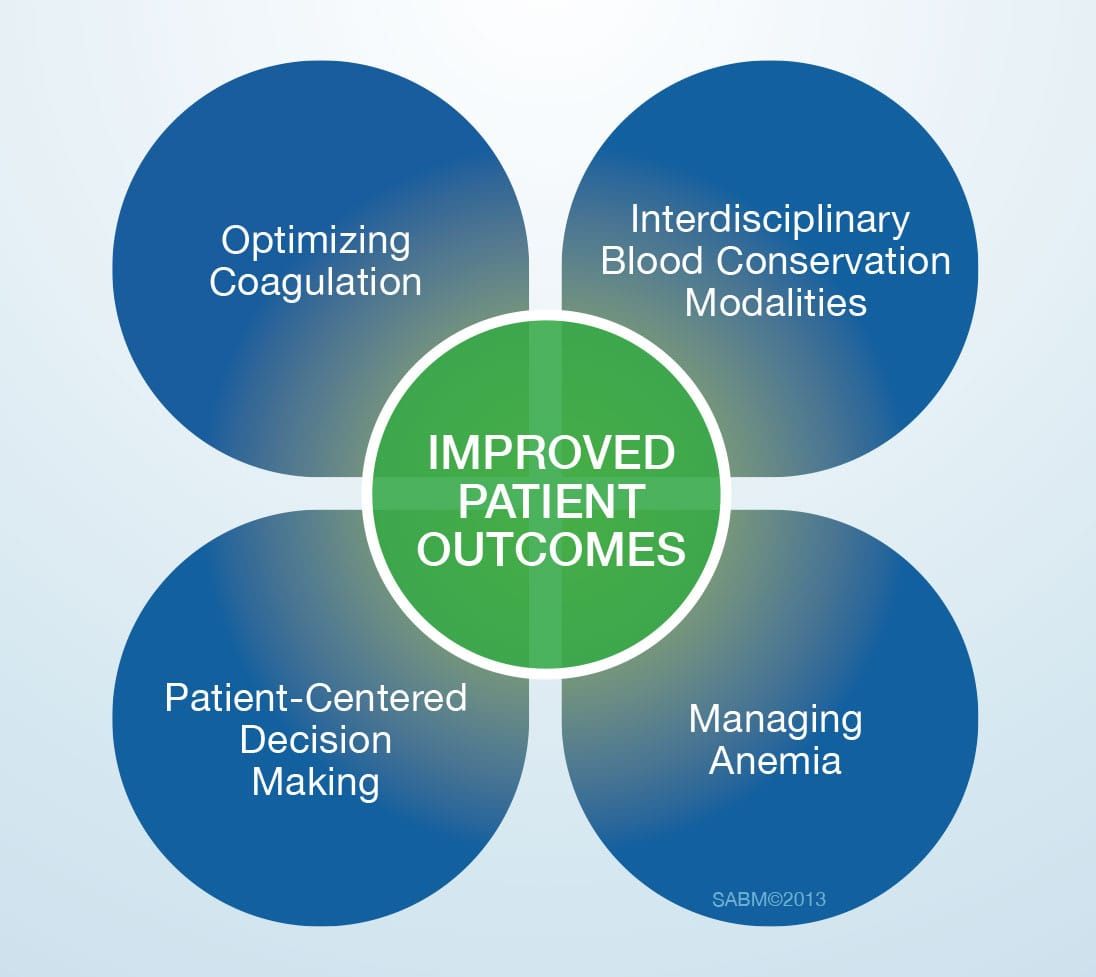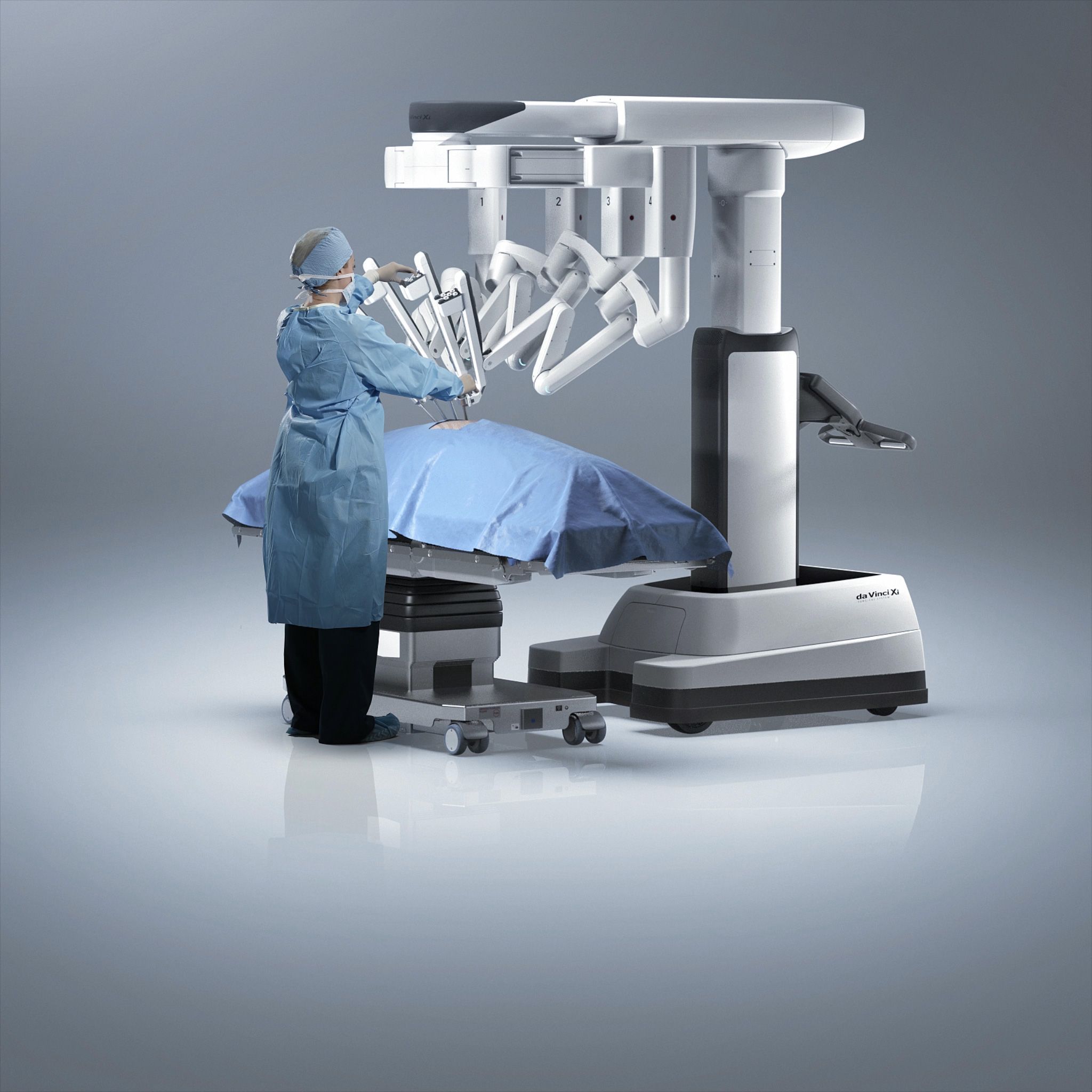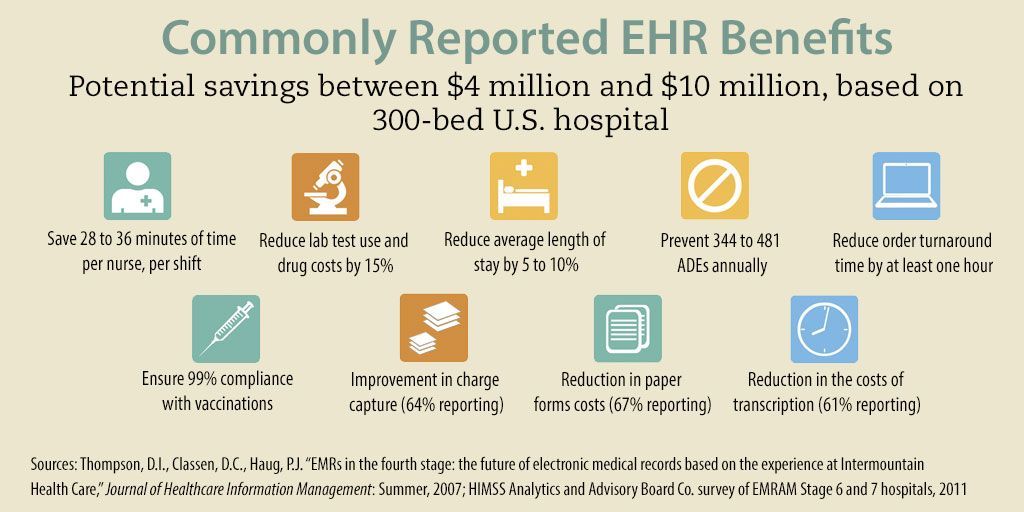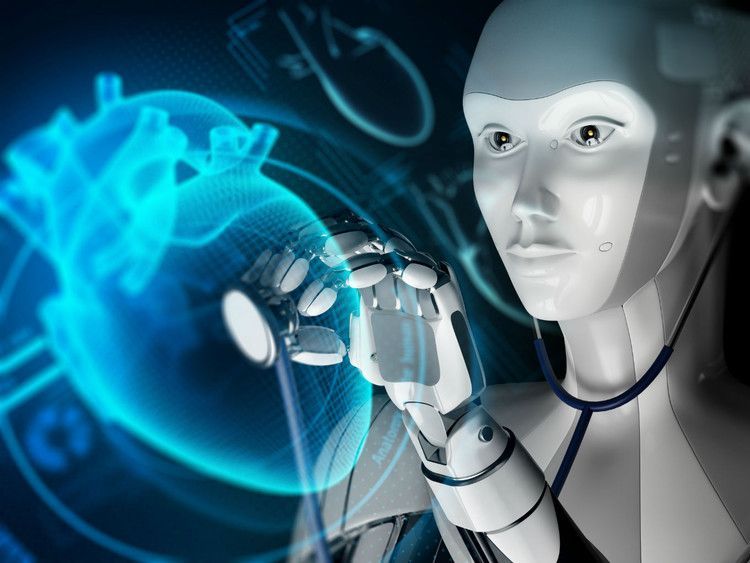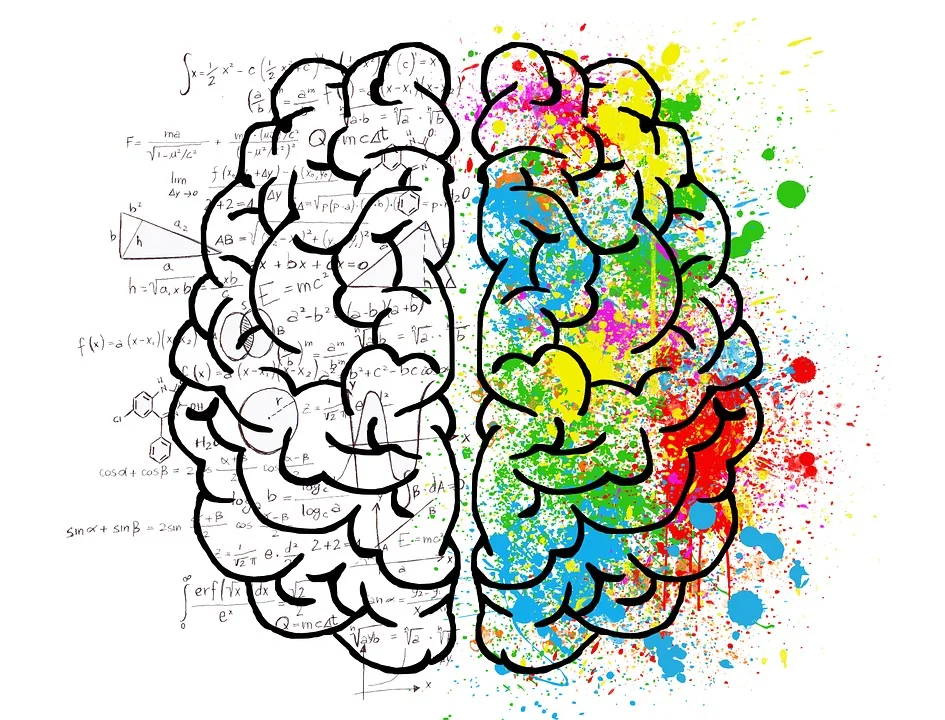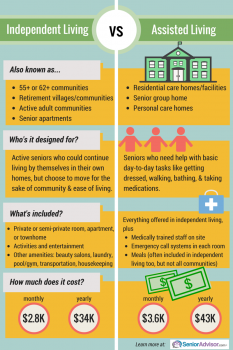In recent years, the healthcare industry has witnessed a surge in the use of big data to improve patient outcomes. Big data refers to the vast amounts of information that is collected, stored, and analyzed to uncover patterns, trends, and insights that can greatly influence medical research, diagnosis, treatment plans, and overall patient care.
Blog
Advancements in Prosthetics and Assistive Devices
Prosthetics and assistive devices have come a long way in recent years, thanks to rapid advancements in technology. These advancements have enabled people with disabilities to lead more fulfilling and independent lives. From improved functionality to enhanced comfort, the developments in prosthetics and assistive devices have truly revolutionized the field. In this article, we will explore some of the latest advancements in prosthetics and assistive devices that have had a significant impact on the lives of individuals with disabilities.
Robotic Surgery: Precision and Efficiency in the Operating Room
Robotic surgery is a revolutionary technology that has transformed the field of medicine. It involves the use of robotic systems to assist surgeons in performing complex surgical procedures with enhanced precision and efficiency. This cutting-edge technology has significantly improved patient outcomes, reducing complications and recovery times. In this article, we will explore the benefits and advancements in robotic surgery, highlighting how it has revolutionized the operating room.
Electronic Health Records (EHRs): Benefits and Challenges
Electronic Health Records (EHRs) have revolutionized the healthcare industry, offering a myriad of benefits while presenting unique challenges. In this article, we will explore the advantages and drawbacks of EHRs and discuss the HTML markup used to enhance their usability and accessibility.
Personal Health Apps for Wellness Tracking
With the increasing emphasis on health and wellness, it comes as no surprise that personal health apps have become a popular tool for individuals looking to track and improve their overall well-being. These apps provide a convenient and accessible way to monitor various aspects of one’s health, from fitness and nutrition to sleep and stress levels.
The Future of Healthcare: Virtual Reality Applications
In recent years, virtual reality (VR) has emerged as a groundbreaking technology with potential applications in various industries. One such industry that is increasingly embracing VR is healthcare. Virtual reality technology offers healthcare professionals and patients a multitude of benefits, ranging from improved diagnosis and treatment to enhanced surgical training and patient rehabilitation. In this article, we will explore the incredible potential of virtual reality in transforming the future of healthcare.
Artificial Intelligence in Diagnostics and Treatment
The field of medicine has witnessed incredible advancements over the years, and one of the most promising areas of innovation is Artificial Intelligence (AI). With its ability to process large amounts of data and identify patterns, AI has the potential to revolutionize healthcare. In this article, we will explore the role of AI in diagnostics and treatment, discussing its benefits, challenges, and future prospects.
Wearable Health Devices: Monitoring Your Vital Signs
As technology continues to advance, so does its integration into our everyday lives, especially in the field of healthcare. One such innovation that has gained significant popularity is wearable health devices. These devices are designed to monitor and track various vital signs, providing individuals with valuable insights into their overall health and well-being. This article will delve into the world of wearable health devices, exploring their benefits and functionalities.
Telemedicine: Advancing Healthcare Access
In recent years, telemedicine has emerged as a game-changer in the healthcare industry. It refers to the use of telecommunication technology to provide remote healthcare services, enabling patients to access medical care without being physically present in a clinic or hospital. This article explores the various ways in which telemedicine is advancing healthcare access and revolutionizing the way medicine is practiced.
Assisted Living vs. In-Home Care: Pros and Cons
Choosing the right care option for yourself or a loved one can be a challenging decision. Two popular choices in elderly care are assisted living facilities and in-home care services. Both options come with their own set of pros and cons, and it’s important to understand them before finalizing any decision. This article aims to highlight the advantages and disadvantages of both assisted living and in-home care.
